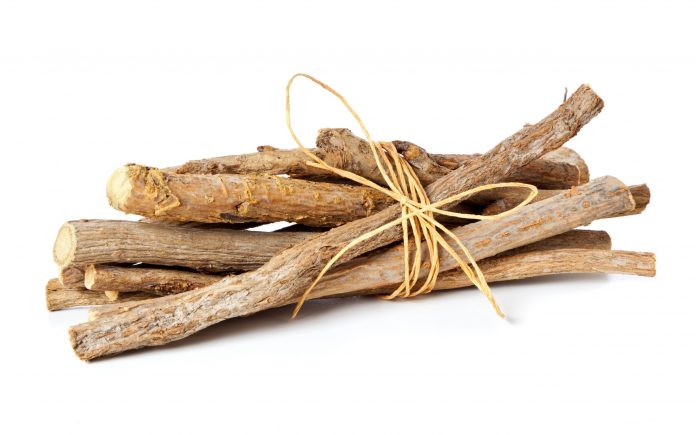
A sore throat is a condition that could be an indication of many health ailments. Generally, infections cause the vast majority of sore throats and are contagious. Infections are caused either by viruses like the flu, the common cold, mononucleosis, or by bacteria such as strep, or hemophilus. While germs do respond to antibiotic therapies, viruses don’t.
Viral infection
Most viral sore throats accompany influenza or colds along with a stuffy, runny nose, sneezing, and the accompanying aches and pains.
These viruses are highly contagious and spread rapidly, particularly in winter. The body builds antibodies that destroy the virus, a process which takes approximately a week. Sore throats accompany other viral infections such as measles, chicken pox, whooping cough, and croup. Canker sores and fever blisters in the throat also can be very debilitating.
What To Do?
When somebody has a sore throat, and continues longer than the normal five- to seven- day duration of a cold or influenza, and isn’t connected with an avoidable allergy or irritation, the affected individual should immediately seek medical care.
These signs and symptoms should alert you to see your doctor, and these include: Severe and prolonged sore throat, difficulty in swallowing and breathing, difficulty opening the mouth, joint pains, earache, rashes, a fever over 101°, blood in the saliva or phlegm, often recurring sore throat, appearance of lumps in neck and a hoarseness that lasts over two weeks
Natural Remedies
Many organic ingredients and herbs are demonstrated to decrease inflammation and pain, provide temporary or immediate relief, and help alleviate painful raw throat cells.
- Herbal immune system enhancers like echinacea and goldenseal or Oregon grape root are powerful once you’ve got a sore throat that’s brought on by a cold or influenza. The miracle herb, garlic, can also prove helpful when battling illness, because it is going to ward off harmufl germs or viruses. Try to add raw garlic into your salad and other dishes.
- Mucilaginous herbs can facilitate any sore throat. Slippery elm and marshmallow do help a lot. Gargling with astringent herbs will relieve distress. Raspberry or blackberry leaves combined with elder flowers are great for this purpose. Mix these with marshmallow and ginger for a soothing, relaxing effect.
- Herbal Throat Lozenges. These herbal lozenges are simple, easy to make, and are effective in treating sore threats. In preparing those lozenges, mix 3 tbsp powdered licorice, 3 tablespoons marshmallow or slippery elm, 3 tablespoons red raspberry leaves, 1 teaspoon cayenne pepper, 10 drops scented geranium, sage, or lavender, essential oil, honey and cornstarch. Combine the herbal powders together with just enough honey to make a thick mixture. Add essential oil and mix well with fork or fingers. Pinch off small pieces, roll into balls, and flatten slightly to form a lozenge. After forming a lozenge, dry the mixture for 12 hours and store in an airtight container.
- Cayenne pepper is also an effective herb in preventing throat pain. Add this to a gargling mix.





